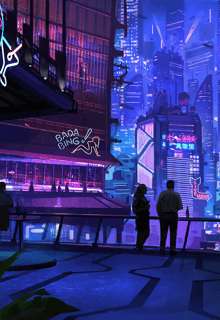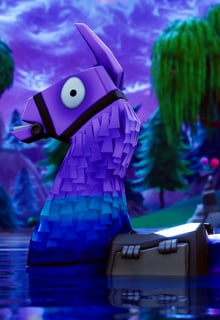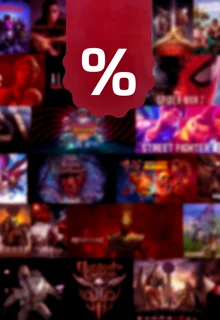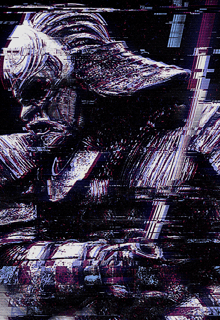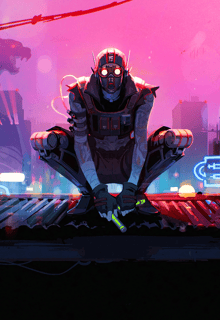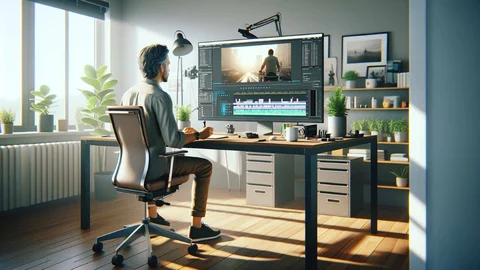Streamers, filmmakers, TV broadcasters: they all need editors to keep things running (after all, what would streamers be without their clips on YouTube?). If you're interested in editing, you'll find everything you need to know about being a video editor here.
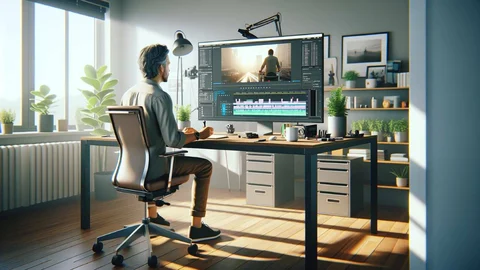
Video editors are often the unsung heroes in large and small productions, but without them nothing would work. Sad music in a dramatic scene? Thanks to the editor. A clever zoom to make a comic situation even funnier? Thanks to the editor. Deciding what to show and what would just be boring? That's right: thanks to the editor!
- Looking for a job? We're here to help!
But how do you even become a video editor and what do you actually do at the job?
How Do You Even Become A Video Editor?
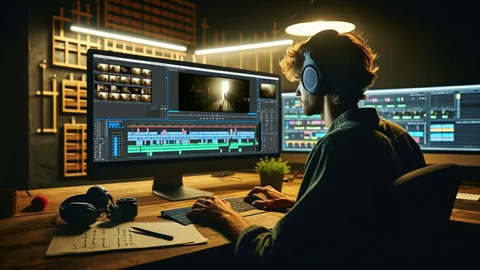
There are various ways to become a professional editor. Anyone who spends a lot of time on YouTube and follows streamers or other creators will know that the YouTubers themselves often don't edit their videos themselves. A whole bunch of creators have been working with the same editors for years, who originally started the whole thing as a hobby and have no official training at all - so you can also become an editor by having fun and be at the right place at the right time.
Those who prefer to be more secure and do not want to rely on being taken under the wing of a creator can also train as an editor in the traditional way. This usually takes between two and four years and is offered by various media companies.
There are also special courses that deal with this, for example film or media studies, film production or media technology. Depending on the university, there are various courses that are worth a closer look.
Whichever route you take, it is always advisable to create a portfolio of your work. This allows you to show potential employers directly what you can do.
- Looking for a job? We're here to help!
What Exactly Does An Editor Even Do?
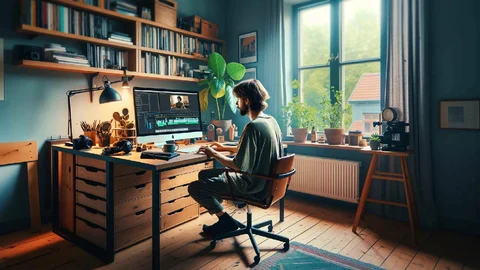
The tasks of an editor are quite varied and can accompany almost the entire production process. Among other things, the following tasks are part of a cutter's daily routine:
- Viewing material: The editor begins their work by sifting through all the available footage and selecting the best shots. Depending on the raw material, this can make up a considerable part of the work.
- Storyboard and timing: Based on the script and stage directions, the editor creates a storyboard and plans the sequence of the film to maximize the action and suspense. A good director to work with can therefore make a big difference.
- Film editing: the actual film editing involves cutting, trimming and assembling the selected scenes and sequences to create a coherent story - this point probably comes as little surprise!
- Sound editing: In addition to the visual aspect, the editor is also responsible for sound editing, including the selection and placement of music, sound effects and dialog.
- Color correction and effects: In some cases, the editor is also responsible for color grading and applying visual effects to enhance the visual aesthetics of the film or video.
Overall, editors should be creative minds who understand how to turn the vision of the whole team into reality. You should also have a technical understanding, but the most important thing is of course, as always, a passion for what you do!
- Looking for a job? We're here to help!




